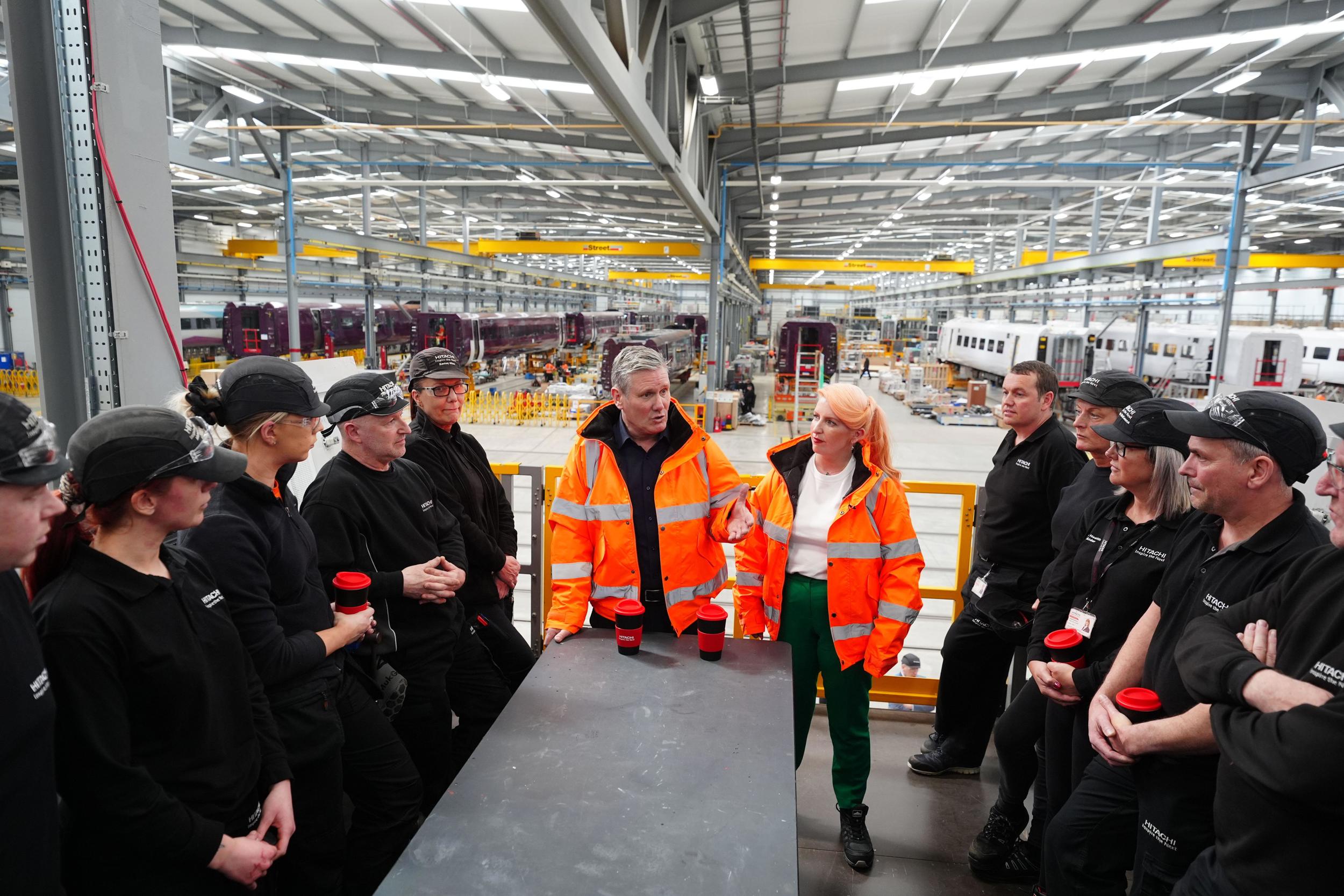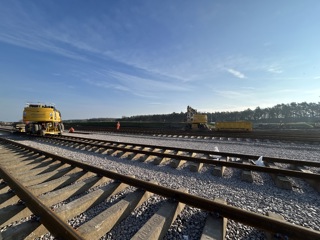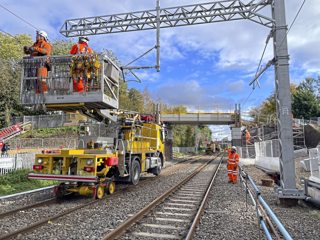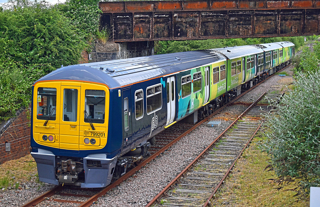
“The time for reviews is over. Labour will fix the problems at the root of the industry by fixing the broken model that causes them.” So starts the party’s manifesto for improving Britain’s railways if (as is widely predicted), it is victorious at the next General Election.

“The time for reviews is over. Labour will fix the problems at the root of the industry by fixing the broken model that causes them.” So starts the party’s manifesto for improving Britain’s railways if (as is widely predicted), it is victorious at the next General Election.
But read beyond the bullet point summaries and it’s clear that further reviews will be needed: on fares reform, timetabling and integration with other modes of public transport, strategic direction and industrial relations.
Has there ever been a time in the last 200 years when the structure and management of our railways wasn’t under interrogation?
Nevertheless, it’s encouraging to finally have clarity on Labour’s plans.
As expected, the remaining passenger National Rail Contracts with private operators will be nationalised as they expire, while freight and rolling stock leasing activities will remain in private hands. It’s not a vastly different scenario from that outlined three years ago in the broadly welcomed Williams-Shapps Plan for Rail, and not a radical departure from the current direction of travel.
Shadow Transport Secretary Louise Haigh and her team have consulted widely across the industry to produce ‘Getting Britain Moving: Labour’s Plan to Fix Britain’s Railways’, and initial reaction has been generally favourable.
Renationalisation of the railways has long been a popular idea with voters, and commitments to improve reliability, modernise and simplify fares, and better integrate different modes of transport should play well with the travelling public, while many of those employed in the industry will welcome plans to deliver reforms quickly, to provide stronger leadership, to reduce Department for Transport micro-management, and to end the damaging drift.
Significantly, Labour is explicit in its view that reforming and improving rail is a key plank of its strategy to boost economic growth, improve productivity, and create new jobs and housing across the UK.
Unsurprisingly, the private transport groups currently running most of Britain’s 14 train operating companies (TOCs) expressed their disappointment at the proposals for passenger rail.
Andy Bagnall, CEO of private rail industry lobby group Rail Partners, said: “We welcome the recognition in Labour’s plans that private-sector freight and open-access operators have a lot to offer. But ejecting private train companies from the railway will create a prolonged and messy transition at a time when we need all parts of the railway to pull together.”
The decision to leave undisturbed the private freight operators (regarded as a successful product of privatisation) and the rolling stock owning companies (ROSCOs) was widely expected.
However, once established, Great British Railways (GBR) is expected to play a critical role in rolling stock procurement via the ROSCOs. Labour’s plan hints at ambitions for greater standardisation across the rolling stock fleet (75 types are said to be currently in use, increasing maintenance, regulation and staff costs), but it also aims to end the ‘boom and bust’ cycle of new train orders.
More surprising is the document’s support for open access operators such as Lumo, Hull Trains and Grand Central.
Open access services are undoubtedly popular with passengers and have delivered new journey opportunities on routes neglected by franchised TOCs. Whether they expand under a Labour government very much depends on whether there is sufficient track and station capacity to accommodate them.
Perhaps one of the most encouraging elements of the plan - and the most difficult and expensive to deliver - is the ambition to integrate rail more effectively with other modes of public transport.
In Switzerland, for example, timetabling is carefully co-ordinated across different modes of transport, according to an hourly rhythm of services which is easy to understand, navigate and rely upon, by a single body.
However, the much-envied integration of Switzerland’s transport networks is the product of a long-term political consensus on the social and economic value of high-quality public transport, with a consistent, unified strategy and long-term funding for projects over the last 40 years.
An incoming Labour government will find it challenging to allocate sufficient resources for such a massive undertaking.
Labour intends to publish a single coherent strategy for the railway, taking into account the ambitions of devolved and regional and national stakeholders. However, the reality is that expensive, long-term infrastructure enhancements may have to wait for more favourable economic conditions.
Meanwhile, fares reform - the need for which is almost universally agreed - will also take several years to deliver. Rolling it out across Britain will be simpler once a unified GBR is in position, but it’s still far from straightforward or quick.
So much for the longer-term ambitions. What might be the ‘quick wins’ for a Labour government?
The party says it will deliver the long-promised Railways Act in its first parliamentary session, as a critical step to enable the full benefits of a unified railway and deliver reform.
Those benefits should include better co-ordination of timetables, engineering work getting under way to reduce delays and disruption, improved service quality, a more consistent and better experience for passengers with accessibility needs, and improved safety for all users.
By 2029, all remaining National Rail Contracts with private operators will revert to state ownership under GBR.
It remains to be seen how this process will play out, but Labour expects to make savings of more than £2 billion a year by bringing passenger services ‘in house’ and simplifying a network fragmented by privatisation.
Haigh acknowledged that renationalisation “will not be easy. It will take hard graft, but it will be my mission to get us to the right destination and to deliver for the Great British passenger.”
All arguments about ownership will be forgotten if GBR is permitted to operate with independence, purpose and efficiency alongside the remaining elements of private enterprise.
If a new Labour government comes good on its promises and lets the professionals get on with the job, GBR could revitalise Britain’s railway by reuniting the industry and giving it a coherent long-term mission as the backbone of ‘net zero’ mobility and economic development.
However, if its commitment wanes and rail is once again neglected in favour of other priorities, the countdown to the next ‘root and branch’ industry review will be under way before we even realise.
A full version of this feature appears in issue 1009 of RAIL. Get your copy delivered to your letterbox or inbox.
Login to continue reading
Or register with RAIL to keep up-to-date with the latest news, insight and opinion.


















Login to comment
Comments
No comments have been made yet.